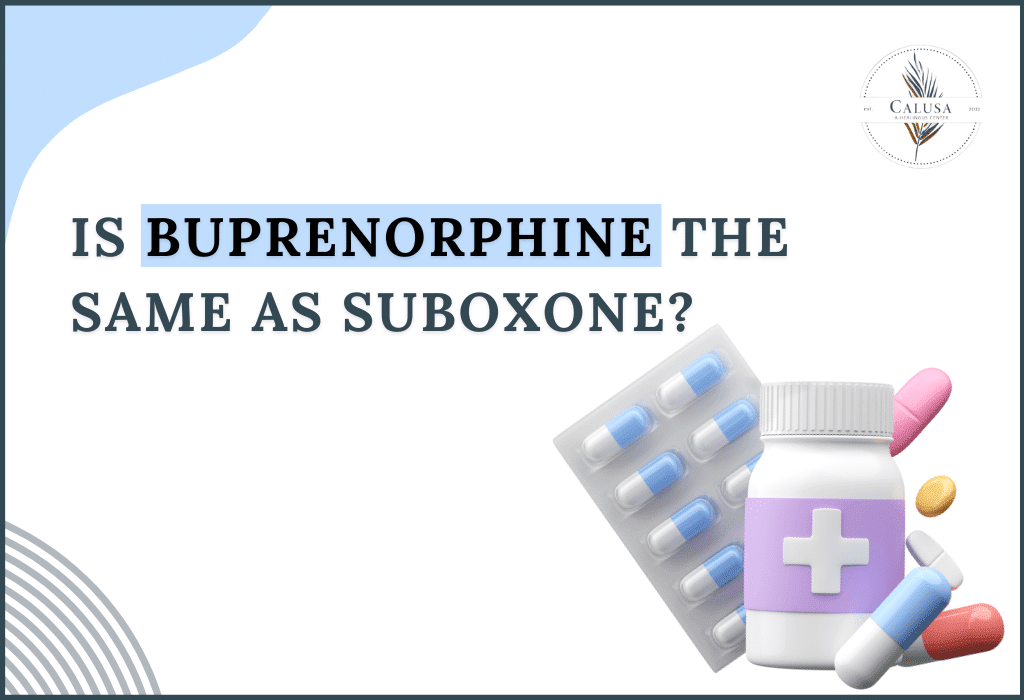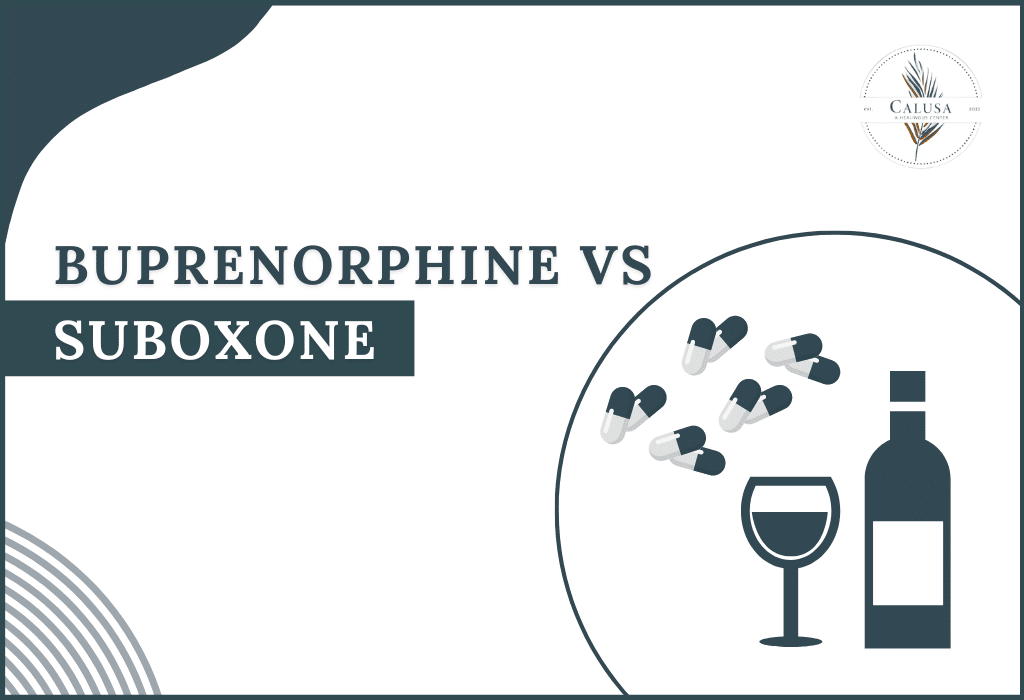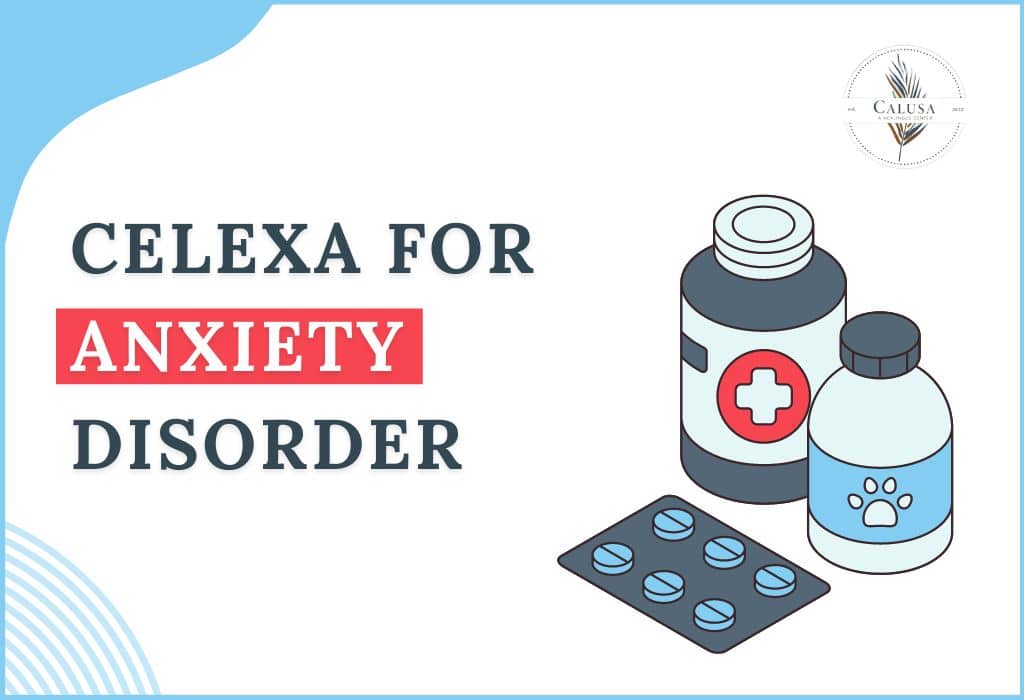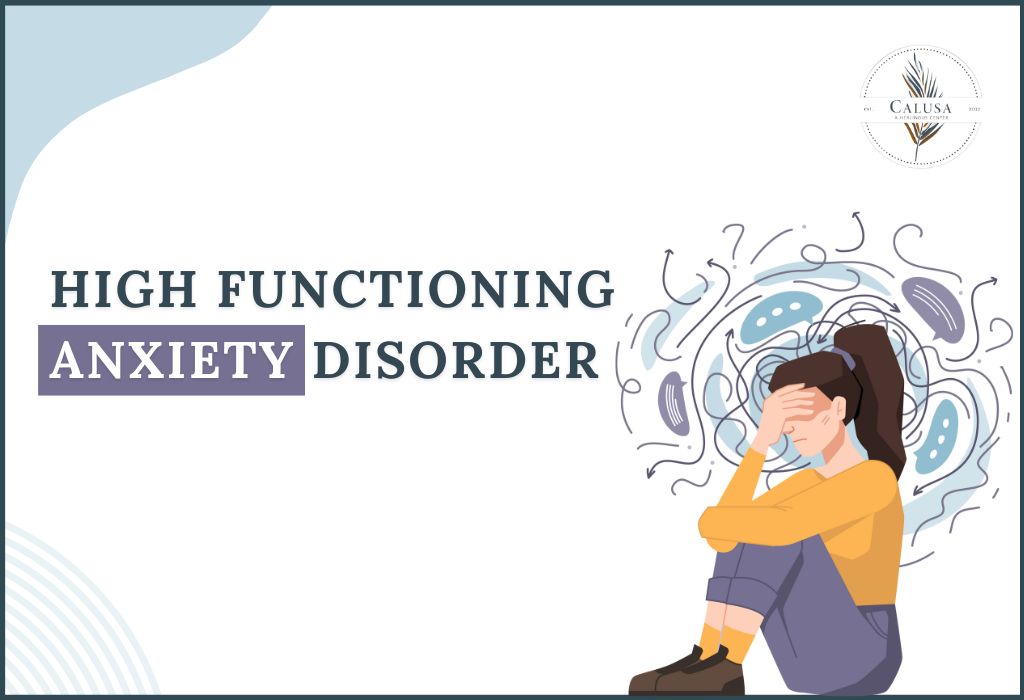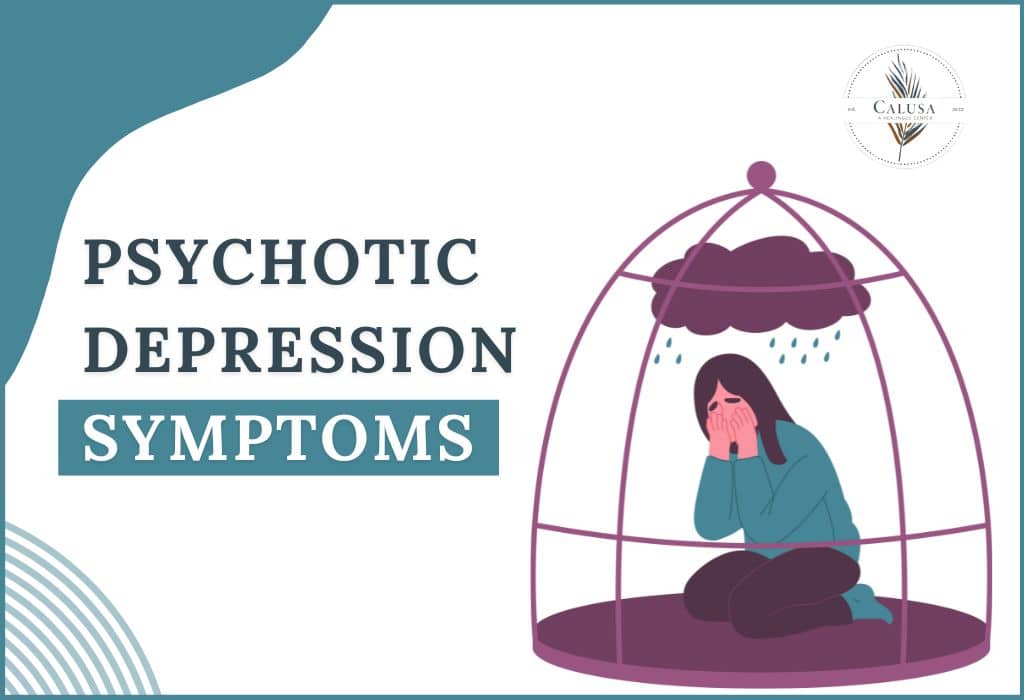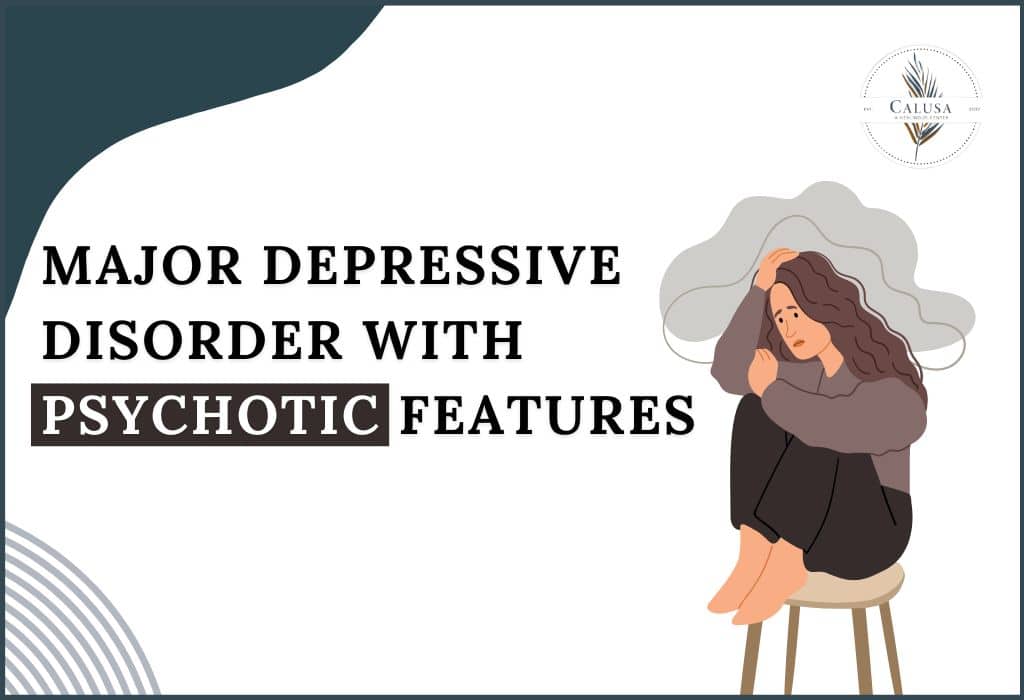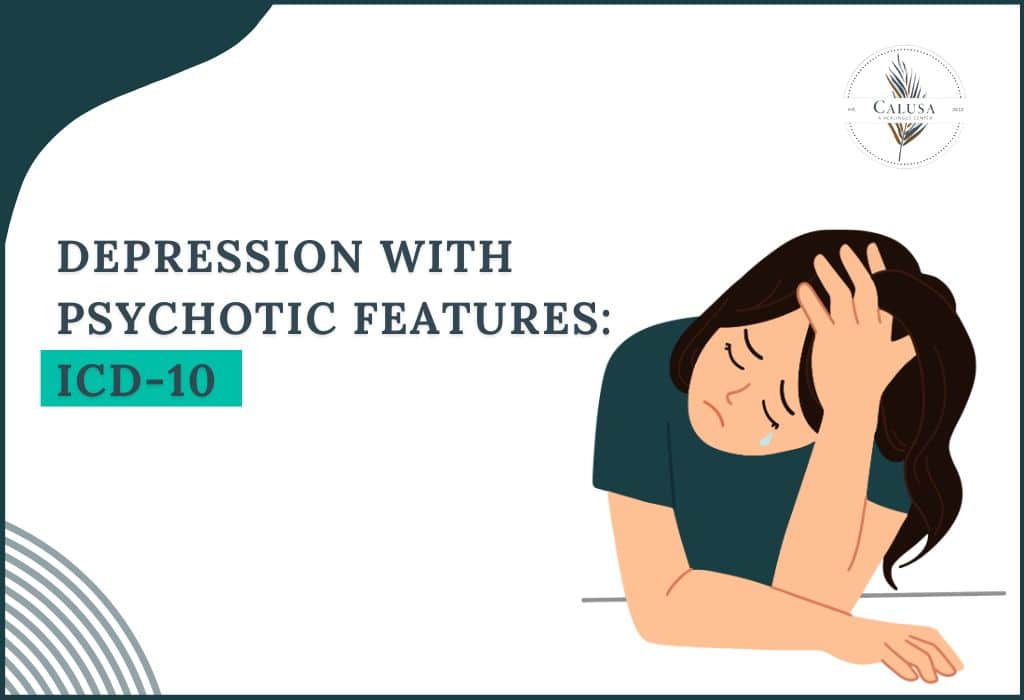Introduction
Addiction to illegal drugs like opioids doesn’t make you an inadequate being. It requires you to be gentle with yourself. Your willpower needs to be undefeatable to overcome drug addiction. Opioid drug addiction might have developed because of its recreational use. Drugs interact with your brain and body to alter moods, emotions, and behaviors by changing brain chemistry and perceptions. They impact how you interact with the world around you.
Over 2.5 million individuals aged 12 and above have opioid use disorder. But the foremost step to recovery is recognizing that you have Substance Abuse Disorder (SUD). It is a mental condition in which you have a problematic pattern of abusing drugs which makes your life stressful. It may take you time to recognize. But it is completely normal to work at your pace.
Addiction Counseling
Addiction counseling can help you cope with intolerable cravings to consume drugs. It will also help you with the regulation of your stress and emotions, especially when you feel the need to consume drugs as an escape.
Substance abuse counseling is synonymous with the therapy treatment for drug addiction. Substance abuse counselors are similar to therapists. But they specialize in treating drug addiction like opioid drug addiction. Their approach is more practical and they start with the treatment right away. Their approach is more focused than psychotherapy. This is because they do not simply encourage you to talk about whatever comes up, rather they follow a standardized guide plan according to your condition.
Addiction counseling comes in the following therapeutic forms.
Cognitive Behavioral Therapy (CBT)
CBT is one of the most effective drug addiction counseling treatments. It takes into account that cognitive fundamentals like your thoughts, feelings, and actions are mutually interconnected and influence one another. It helps in replacing drug addiction with something that makes your life better and more productive. For example, a therapist can help you take control of your cognition and can help you behave independently through means like exercise.
Dialectical behavioral Therapy (DBT)
DBT slightly differs from CBT. It is more specialized in treating your drug addiction. It teaches how you can regulate your emotions and build emotional resilience especially when you are going through an uncomfortable and difficult phase in life. It includes techniques like practicing mindfulness. This enables you to become more self-aware and accept your emotions the way they are.
Family Therapy
Your family members can be your biggest support system when recovering from drugs. Family therapy helps in openly discussing the past challenges you have had with your family. It is carried out under the guidance of a specialized substance abuse counselor.
Medication
Your substance abuse counselor might provide you with some medicines. This is because medication also helps you to overcome your opioid drug addiction. Specific medicines for specific kinds of drug addiction help you in recovery by modifying your brain chemistry and minimizing the chances of relapse.
- Opioids: Methadone, buprenorphine, and naltrexone. These are FDA-approved for treating opioid use disorder.
- Alcohol: Naltrexone, acamprosate, and disulfiram are also FDA-approved medicines.
- Tobacco: Nicotine patches, bupropion, and varenicline are usually prescribed.
Inpatient or Residential Rehab
85-95% of people remain abstinent from drugs nine months after the discharge upon successful completion of rehab treatment. Inpatient and residential rehab programs offer a home-like structure to live in. They are one of the best options if you are struggling with a long-term substance use disorder. You will receive supervised treatment and structured care plans to overcome your drug addiction. The treatment can last anywhere from a few weeks to several months. Depending on the program, licensed professionals may provide round-the-clock monitoring. They may also provide therapeutic support to help you on your path to recovery.
Outpatient Rehabs and Intensive Outpatient Programs
Outpatient rehabs are suitable for you if you have a mild form of substance use disorder. In the early stages of recovery, this puts you at a higher risk of encountering triggers that can lead to relapse. It’s important to keep in mind that even when receiving outpatient treatment, you are still exposed to the real world. Outpatient programs provide an option for you to attend therapy and receive treatment at your own convenience.You can receive treatment at a special substance use treatment center like a community health clinic and need not to stay on the care unit site. This is helpful for you especially when you have personal, family, and/or professional responsibilities that may prevent you from attending an inpatient rehab.
Withdrawal Therapy
Withdrawal therapy is commonly known as “detox.” Its goal is to help you to stop taking addictive drugs. It prioritizes your safety during the entire recovery period. Depending on the level of your drug addiction, you may be treated on an outpatient basis or admitted to a residential care unit.
Withdrawal therapy may also involve the withdrawal from different types of drugs like depressants, opioids, and more. The withdrawal may involve reducing the use of these drugs. It may also temporarily substitute these drugs with medical substances like methadone, buprenorphine, or sometimes a combination of buprenorphine and naloxone.
Support Groups
Once your treatment plan is completed, support groups are instrumental in the continuity of care and recovery. They allow for long-term continued care and this is primarily because having peers in the support groups can be encouraging. Your peers and you can collectively create a feeling of “we are together in this.” All of this can be empowering for you. It is important to find the right group for you so that you stay on the path of recovery.
12-Step Programs
12-step programs are considered to be the most effective method of recovering from substance use disorders. These programs follow the 12-step model of recovery and the 12 traditions. These were created by the founders of Alcoholics Anonymous (AA) and Narcotics Anonymous (NA). The flexibility of the programs allows you to tailor the steps to your specific needs. This makes them highly beneficial in your journey towards recovery. The two well-known types of 12-step programs are AA and NA.
- Alcoholics Anonymous (AA): AA meetings offer a supportive community who understand the impact of alcohol addiction on their lives. The meetings take place daily or weekly in local settings like churches or community buildings. Some meetings are open to loved ones, while others are only for those in recovery. There are meetings available 24/7, 365 days a year, and you can even access them virtually for additional support.
- Narcotics Anonymous (NA): NA is a group that helps people recover from drug addiction. Members support each other to stay sober and avoid relapse. They have meetings where people share their stories of addiction and recovery. These are available both in-person and online for extra help.
SMART Recovery™
SMART Recovery™ is a well-known alternative to traditional 12-step support groups. It is based on cognitive-behavioral principles. It empowers individuals in recovery to take control of their thoughts, feelings, and behaviors. The program teaches people how to recognize and challenge the underlying beliefs and emotions that contribute to substance use. It also provides them with the tools and strategies they need to manage cravings and prevent relapse. SMART Recovery™ is built on a “4-Point Program.” This includes building and maintaining motivation, coping with urges, managing thoughts, feelings, and behaviors, and living a balanced life. You are free to complete the stages of the program in any order that suits your needs and preferences.
Conclusion
Opioid Drug addiction is curable only when you take a leap of faith and the right guidance from a substance abuse counselor who understands your condition well. We know it may be easier said than done but family and friends can work like a charm if you seek their help and count on them.
FAQs
What are the physical signs of drug addiction?
Physical signs depend both on the person and the kind of drug used. For example, marijuana may cause chronic cough, cocaine increases the heart rate and blood pressure, and opioids like heroin may slow down the heart rate and the respiration rate.
Does opioid addiction treatment work?
Opioid addiction treatment can be effective. However, coexisting issues like excessive alcohol use or underlying mental illness can complicate the recovery process. For those with dual diagnoses, a treatment approach that addresses both mental health and substance use disorders may be necessary. A supportive environment with access to family and friends can play an important role in achieving long-term success.
Does relapse to drug use mean that the treatment has failed?
Relapse rates for drug use is between 40-60% when people do not follow their prescribed treatment plan. However, treatments like therapy, addiction-specific medication, etc., are available to help prevent relapse.
References

